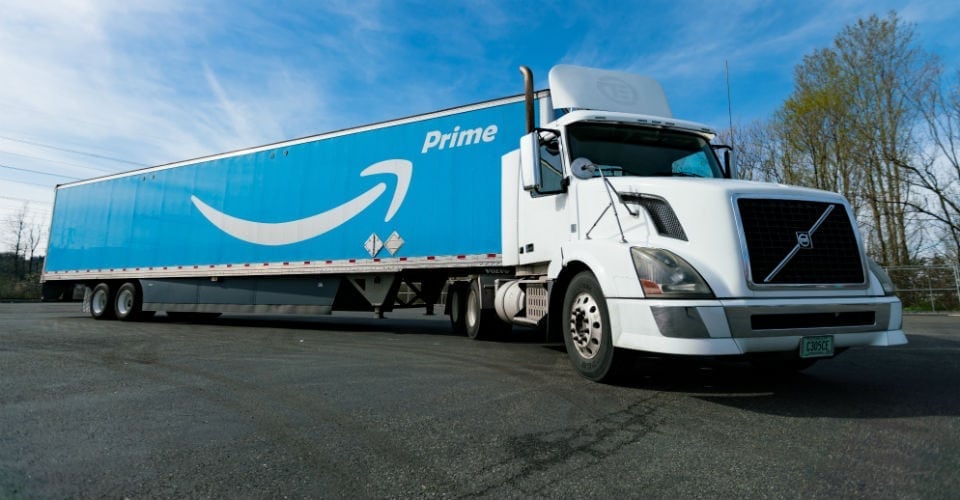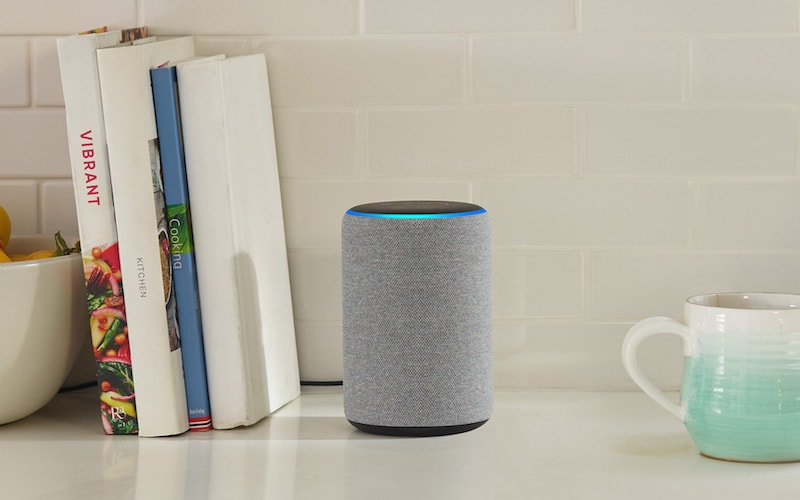Every day we wake up, drink a cup of coffee, and get ready for work. Following are a handful of stories from around the tech world condensed to fit into one single cup of coffee. These are the things you need to know before you step foot out of your door (or in front of a webcam) and into the real world this morning.
So sit back, grab a cup, and start your morning off right with a few “Quick Bytes” from Innovation & Tech Today.
Amazon Approved to Track Your Sleep
The Federal Communications Commission has granted Amazon approval to track our sleep using bedside radar devices. The devices will use high-frequency radio waves to track the movement of those in the room. Reports state this will be similar to an Echo or Alexa device that is also able to recognize hand motions and various gestures.

Tesla Cybertruck Will Use Samsung Cameras
Tesla and Samsung are working out the kinks in a $400 million deal, according to Korean news outlets. The deal would have Samsung providing all of the cameras inside the new Tesla Cybertruck. Production on the truck is slated to begin in late 2021. The cameras would be used to take the place of the side and rearview mirrors that haven’t been present on prototypes.
Will Robots Be the Spectators at Tokyo Games?
Organizers of the 2021 Summer Olympics in Tokyo are determining how to handle the fact that there will be no one in the stands. A variety of options are at their disposal to help create an atmosphere, but so far they have been tight-lipped about any plans. Tokyo is under a state of emergency due to a significant increase in COVID-19 cases over recent weeks and months.
Gut Microbiome Could Be the Key to Many Health Issues
Scientists are just now discovering more and more about the society of bacteria that live in our bodies. Many scientists believe that unlocking the gut microbiome could be the biggest scientific discovery in many years. Your gut microbiome contains trillions of bacteria, fungi, and viruses, as well as about 150 times more DNA than the human genome. Such an unlocking could solve issues we never deemed solvable.











